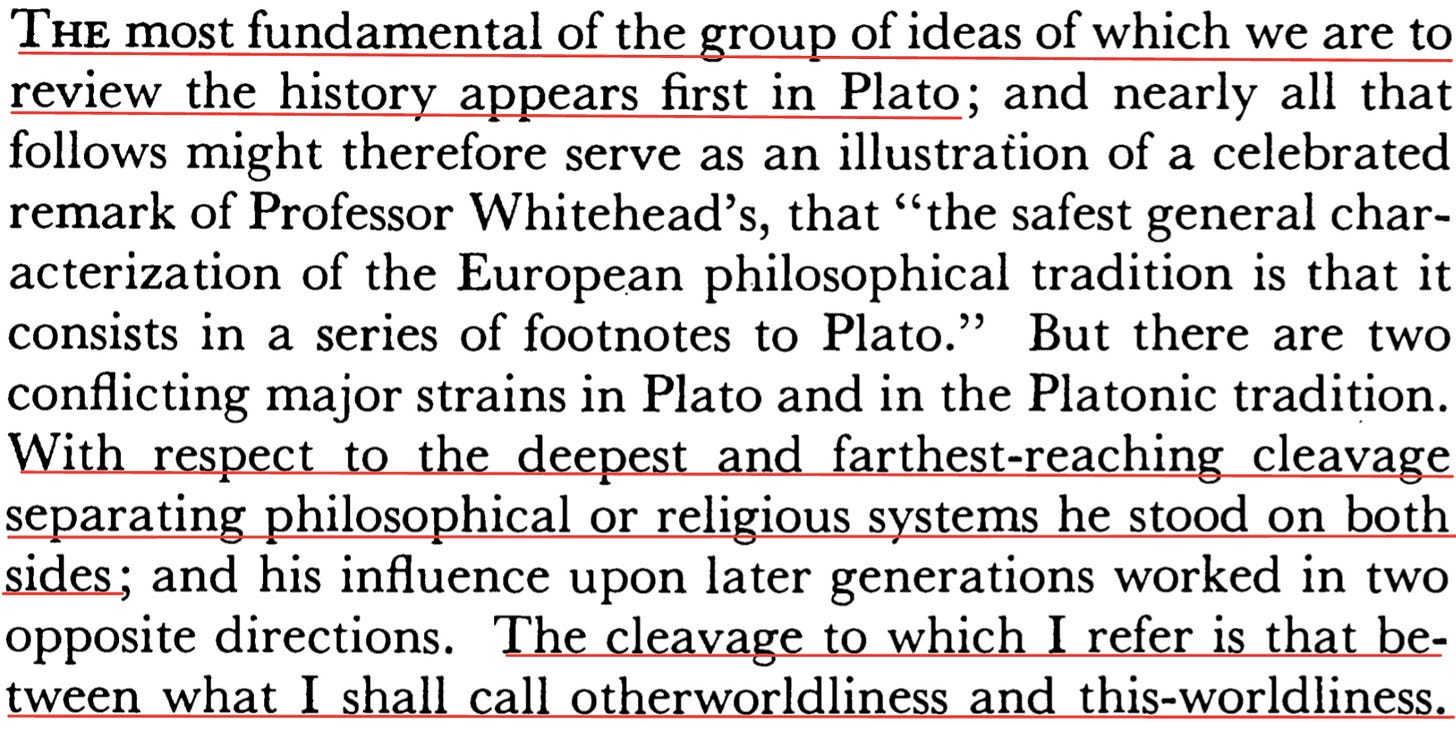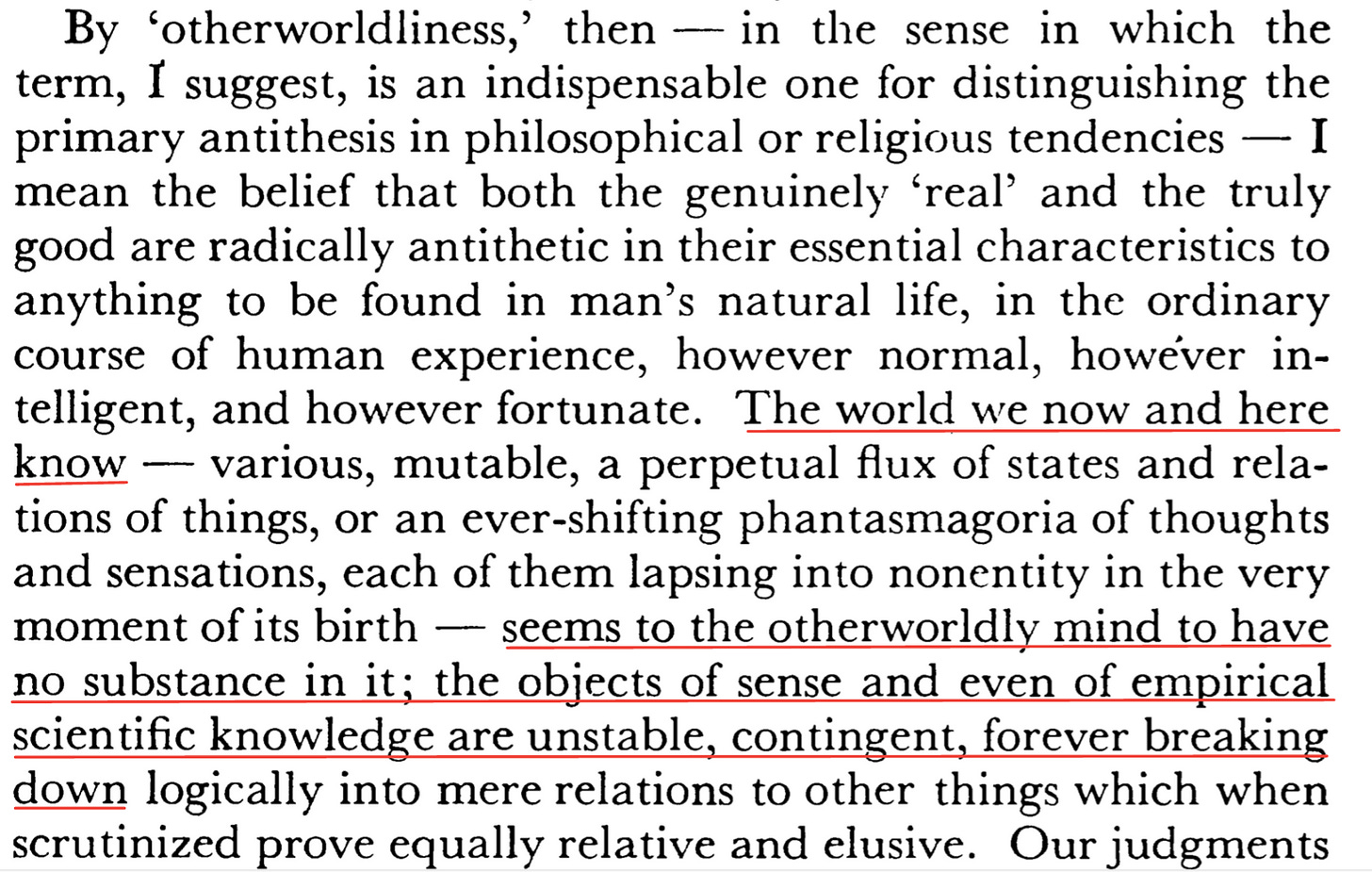Kyborg 13: GCB 2
Form as Cognition
Yesterday I introduced the unit idea of Geometricity as one example of a formal intuition (and I briefly mentioned logic as another formal unit idea). Together, they point us towards an incredibly rich source of philosophical and scientific inquiry: mathematics as a science of form.
But mathematics isn’t the only science of form, even if it’s the most influential one for philosophy. Architecture is also a science of form (or a practice of form, since it’s not a science, strictly speaking). It’s also the science of form that has housed us (literally), given concrete shape to religious sentiments, political ambition - for much of human history (until the advent of mass literacy), architecture was the meeting place (once again, literally) of power, religious faith, technological progress and aesthetic experience.
Architecture embodied our tacit metaphysics.
If mathematics helps us intervene in the world by mirroring it in symbolic form, architecture helps us intervene in the world by housing it in concrete form. These two aren’t as different as you might think. A future science of form qua form will have to learn from the history of architecture as much as the history of mathematics. But I am not an architect. Instead, I want to bring another science of form to bear on the GCB.
Cognition is also a variety of form.
Cognition, unlike mathematics, is obviously conditioned, i.e., embedded in Deshkaal in a way mathematics isn’t. Our emotions have a history. Food that aroused disgust as a child tastes delectable as an adult. If mathematics is a better tool for the study of unity, cognition is a better tool for the study of difference.
Cognition has a special role in the history of ideas, but only when we switch from thinking about it as ‘Cognitive Science’ and think about it as the ‘Cognitive Humanities.’ We aren’t investigating people in the lab; we are investigating how people thought and felt in different times and different cultures.
And why stop with people, we want to investigate how animals think with others as well.
Plato in the Chain of Being
In this cognitive mode, let’s see what Lovejoy says about Plato’s importance for the GCB.
By the way, it’s worth noting how the Greek influence on the GCB is as important, if not more so, as the Abrahamic influence (which occurs in two streams - the Christian and the Islamic)
Lovejoy says that Plato is the originator of the most important ideas that form the GCB.
Cognition has this strange aspect: it can be this worldly, helping us grasp the branch in front of us and it can be other worldly, affixing our mind on eternity. It’s that eternal realm that can be broken off and subsumed within mathematics.
There’s a hint here of Lovejoy’s interest in non-Western philosophical traditions - we shouldn’t take his pronouncements at face value but it’s good to see the scope of his interest. All the more reason for us to undertake a Eurasian survey of that axial period, i.e., for us to read Plato along with the Buddha and Confucius. Was the great chain coming into being in all three? If so, how did it manifest?
Back to Plato. Here’s his fundamental contribution to the great chain of being:
The world of ideas is what’s truly real. Our world is an emanation from it.
Add God to the fount of that emanation and we have the basic structure of the GCB. Or if you want to see it as a visual cognition, here’s a simple representation:









